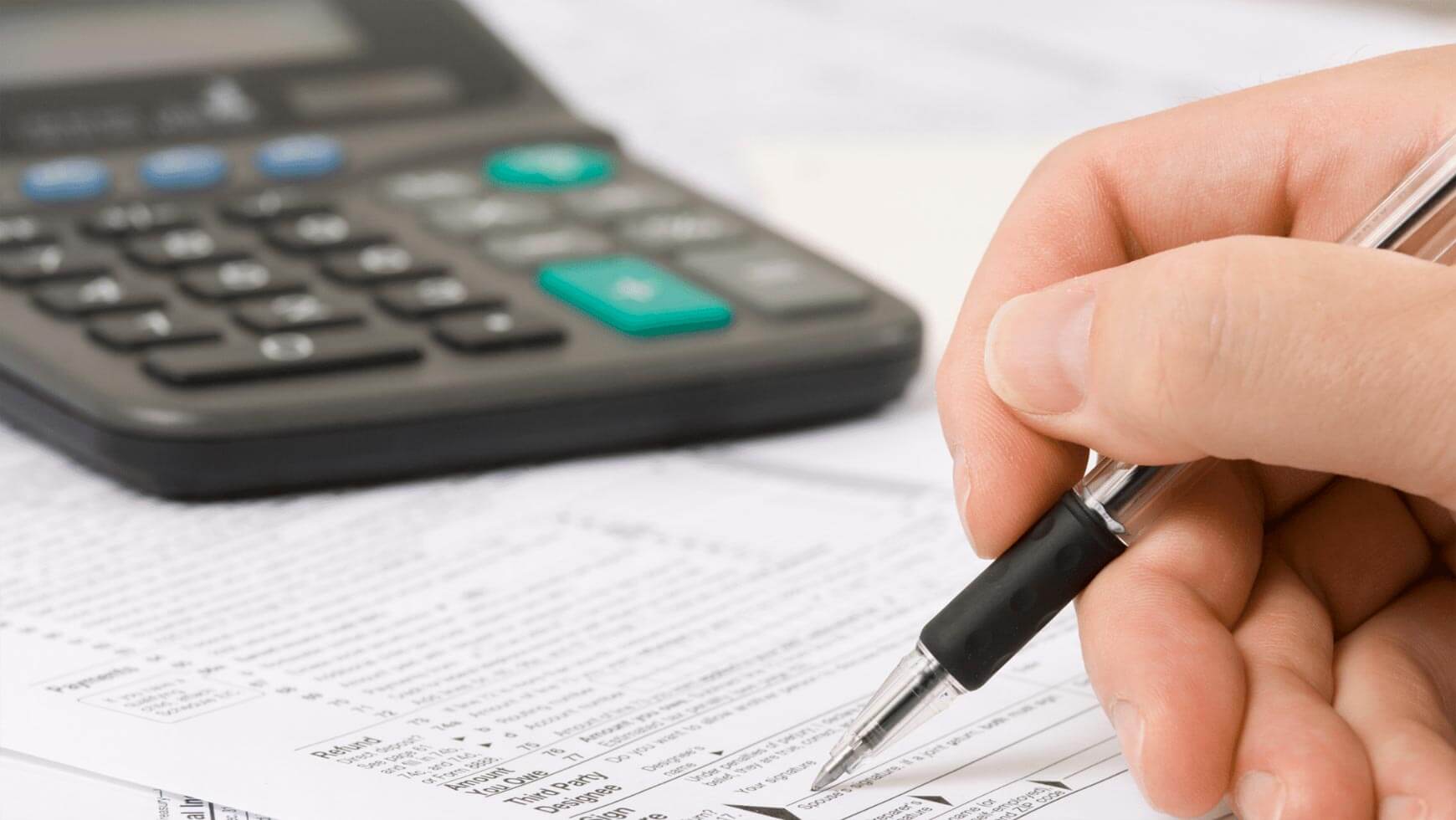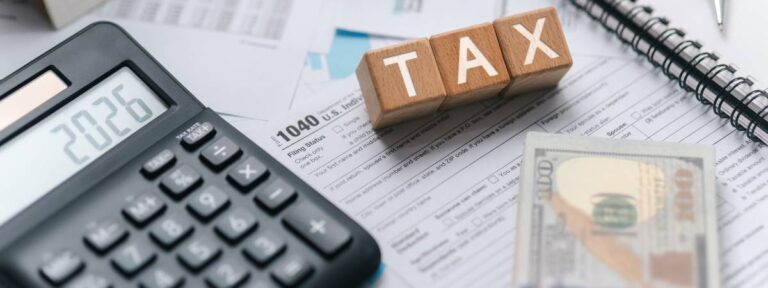Self-Employed Taxi Drivers: Simplifying Your Tax Return Process
If you work as a self-employed taxi driver, HMRC mandates filing a self-assessment tax return annually. This return serves to document your earnings and expenses and calculate your tax liability.
New to self-employment? Understanding what information and deductions to include can be daunting. But fret not! Accountancy N Tax Services in Wallington is here to assist you in filing your tax return while highlighting tax benefits available to you as a self-employed taxi driver.
What Should You Do as a Taxi Driver?
Considered self-employed if you work for yourself and set your own hours, even if you utilize someone else’s vehicle and dispatcher services. HMRC views you as an independent contractor, necessitating expense deductions on your self-assessment return to reduce your tax bill.
The CWF1 and SA1 forms are the most commonly used forms for self-employed taxi drivers, catering to newly self-employed workers and those filing other tax returns concurrently, such as buy-to-let landlords.
To initiate your tax return, visit the official GOV.uk website, providing basic information like your name, address, date of birth, and National Insurance number. Subsequently, you’ll receive a unique taxpayer’s reference number (UTR) from HMRC for future correspondence.
Submission Deadlines and Record-Keeping:
Ensure your tax return encompasses taxable income for the corresponding tax year, aligning with the UK tax year from 6 April to 5 April the following year. Any tax owed to HMRC must be paid by 31 January following the tax year’s end, conveniently manageable online or via Direct Debit.
Retain receipts, whether digital or physical, to substantiate your expenses. Organized record-keeping simplifies the tax filing process, preventing missed deductions.
Allowable Expenses for Tax Drivers:
Self-employed taxi drivers can claim various expenses on their self-assessment tax return, including fuel costs, repair costs, licensing fees, and more. Additionally, capital allowances and fixed-scale mileage rates offer further deductions to maximize tax benefits.
Seek Expert Assistance:
Need help with your self-assessment tax return? Accountancy N Tax Services in Wallington offers affordable assistance tailored to your needs. Contact us today for expert guidance and to unlock potential tax breaks.
For more information, call us at 020 7112 9098, email info@accountancyntax.co.uk, or visit our website at www.accountancyntax.co.uk.




